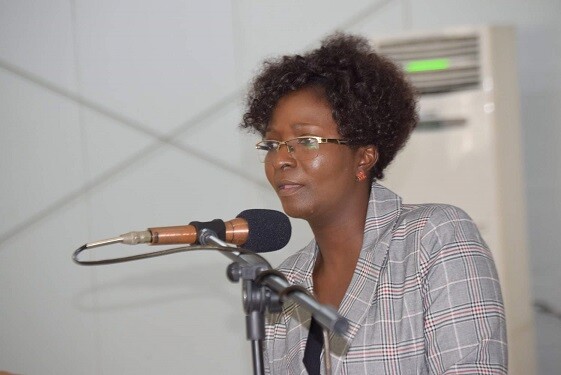
Ombudsman Martha Chizuma says government’s failure to provide basic health care has led to 160 cases of removal of uteruses from women which is a national tragedy requiring serious interventions.
Chizuma’s office on Thursday released Woes of the Womb, an investigation of alleged malpractices resulting in hysterectomy (removal of uteruses) in public health facilities.

The investigation by the Office of the Ombudsman found that from January to July in 2018, there were 160 cases of removal of uteruses in the country’s central hospitals. Queen Elizabeth Central Hospital recorded the highest with 78 cases.
During the investigation, the Ombudsman found that most of the disturbing incidents of hysterectomy are those arising from pure negligence and lack of care on the part of health personnel.
According to the report, the removals were at times caused by failure by medical practitioners to properly diagnose excessive bleeding after child birth, failure by medical practitioner to take further medical steps to assist patients with uterus infection and delayed referral from primary health facility to central hospital.
Other factors leading to removal of uterus included delay to go to hospital by expectant women, malnourishment and unsafe abortions.
On the part of health workers, the Ombudsman said some workers decided to treat the infection other than addressing the source of the infection which is the uterus.
The report also noted selectiveness and ineffectiveness of disciplinary proceedings which perpetuates indiscipline of some of the health personnel.
In the investigation, the Ombudsman found that Ministry of Health has failed its duty to provide sufficient staff to cater for the needs for Obstetrics and Gynaecology Departments in all health facilities resulting in compromised quality service delivery in the country.
“Moreover, in other health facilities where the MoH appears to have exceeded the staff establishment, the same has been found to be largely insufficient in reality to meet the actual demand within the catchment area clearly showing that such staff establishments are outdated,” the report said.
It also noted that there is insufficient ward space, beds and theatres in some central hospitals in the country resulting in delays in assisting patients as well as compromised sanitation in the wards, both of which contributed to the increased number of maternal infections and uterus ruptures in some instances.
Shortage of drugs and medical equipment and lack of ambulances also contributed to cases of hysterectomy.
The report recommended that the Ministry of Health and Population and the regulatory bodies should vigilantly and impartially discipline all health personnel guilty of acts of misconduct in order to deter other medical personnel from negligently conducting their duties.
It directed the Ministry of Health and Population to assess its existing staff establishments of doctors and nurses in all health facilities by 30th June, 2020.
The Ombudsman also told government to ensure that 15 percent of the annual national budget is allocated to the improvement of the health sector by the year 2022 and the Central Medical Stores Trust is well funded.
“This will effectively resolve some of the problems relating to financial resources considering that the right to health is a socio-economic right, whose obligation is placed on the State to achieve progressively. In addition, the District Commissioners should ensure that funds meant for the health sector are utilized for their intended purpose,”
In his remarks at the launch of the report on Thursday, Director of Quality Management in the Ministry of Health and Population Dr Andrew Likaka said the ministry is happy that the report is finally out and they will make sure that the problems that pregnant women face in public hospitals are dealt with.














